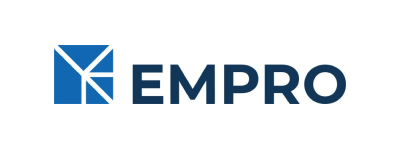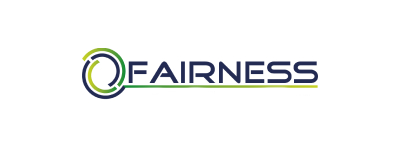
ARISA Child
Assessing the Risk of Isolation of Sentenced and Accused: Enhancing the Capacity of Correctional Services to Work with Convicted Children

Promoting fundamental rights in (post) pandemic times in cross-border proceedings
Portfolio
Follow
Timeframe
02/2024 – 01/2026 (24 months)
Get in touch

EPHESUS aims to promote judicial cooperation in criminal matters by contributing to the optimal and proportional use of the European Arrest Warrant, including in the context of remote judicial proceedings. It will do so by learning from and addressing fundamental and procedural rights breaches involving the use of the EAW, especially at the onset of the COVID-19 pandemic.
Moreover, the project will promote the increased and streamlined use of alternative mutual recognition instruments (specifically the European Investigation Order, European Supervision Order, and European Probation Order) to tackle the disproportionate use of the EAW.
For this purpose, the EPHESUS project will develop practitioner-oriented informative materials, and foster awareness-raising, mutual learning and exchange of experiences among justice professionals.

Convergence of application of the alternative instruments to the EAW and increased mutual trust between practitioners of the different EU Member States’ judicial systems.
Increased capacity for effective identification of breaches in fundamental rights and upholding its defence in cross-border proceedings.
Extended awareness, knowledge, and use of EIO, ESO and FD 2008/947 by judges and prosecutors.
Improvement of protection of fundamental and procedural rights in cross-border proceedings.
Practitioner-oriented informative materials, including factsheets and a glossary entailing the usability and added value of the EIO, ESO and EPO as alternatives for issuing an EAW, translated into partner country languages.
Multiple awareness raising activities, focusing on Judges and prosecutors, but also including lawyers or defence advocates working with EAW proceedings.
The EPHESUS ESO Database, including national country sheets on supervision measures, contributing to the work of judges and magistrates (as well as other justice professionals) regarding the use FD 2009/829.
Publications disseminating the project activities and results, namely short e-magazines, podcast interviews, and a booklet to be shared in the Justice Trends Magazine.

Assessing the Risk of Isolation of Sentenced and Accused: Enhancing the Capacity of Correctional Services to Work with Convicted Children

European Arrest Warrant

Empowerment of the Framework Decisions 2008/947 and 2009/829 through EU Probation Services

Ensuring Probationers’ Rehabilitation Prospects via targeted enhancement of the implementation of FD 2008/947

Fair predictions of gender-sensitive recidivism

Implementation of the Stockholm’s Roadmap in cases of terrorism and radicalisation

Ensuring the due course of criminal proceedings via strengthened respect for the procedural rights of the suspect and the accused

Judicial cooperation for the enhancement of mutual recognition regarding probation measures and alternative sanctions – EPP software 3.0

Judicial cooperation for the enhancement of mutual recognition regarding probation measures and alternative sanctions